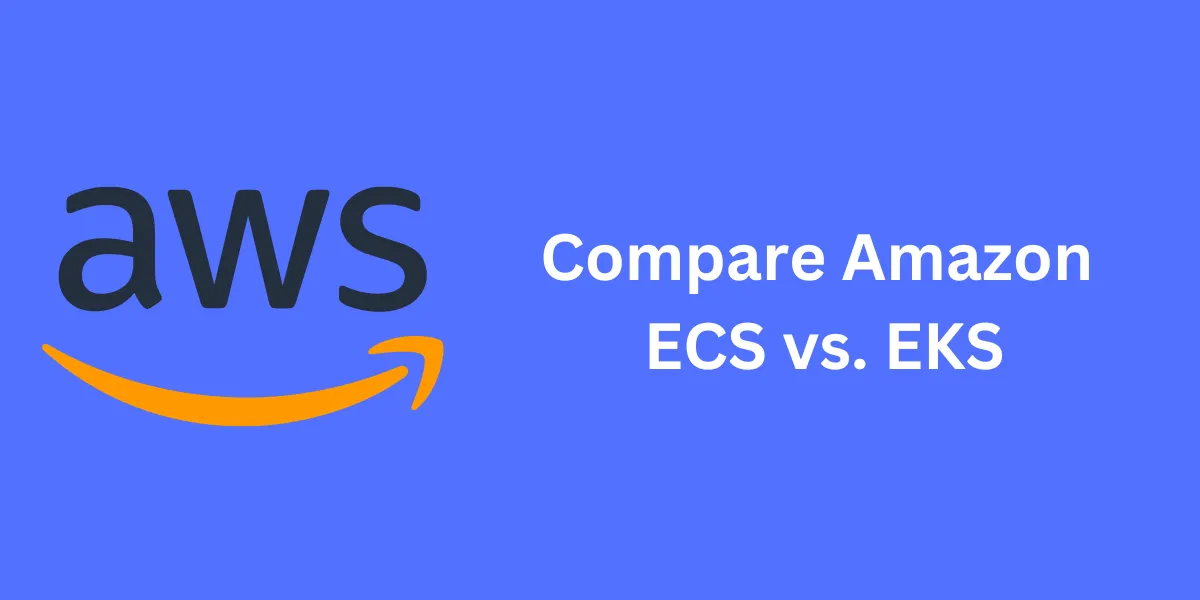Amazon Elastic Container Service (ECS) and Elastic Container Service for Kubernetes (EKS) are both container orchestration services provided by Amazon, but they are designed for different use cases and have distinct features. In this article, we will compare Amazon ECS and EKS in depth to help you decide which service is best for your needs.
Amazon Elastic Container Service (ECS) and Elastic Container Service for Kubernetes (EKS) are both container orchestration services provided by Amazon, but they are designed for different use cases and have distinct features. In this article, we will compare Amazon ECS and EKS in depth to help you decide which service is best for your needs.
EKS, on the other hand, is a fully managed Kubernetes service. It allows users to run and manage Kubernetes clusters on AWS. Kubernetes is an open-source container orchestration system that automates the deployment, scaling, and management of containerized applications. With EKS, Amazon handles the management and maintenance of the Kubernetes control plane, which includes tasks such as scaling, upgrades, and patches. This allows users to focus on running their applications and not have to worry about managing the underlying infrastructure. EKS also provides integration with other AWS services, such as Identity and Access Management (IAM) and Elastic Load Balancing. EKS is a good fit for use cases that involve running complex, stateful containerized applications, where the user wants more flexibility and control over the cluster and has deep knowledge of Kubernetes.
One of the key differences between ECS and EKS is the level of control and flexibility they offer. ECS is a more opinionated service and has a limited set of features, but it is easy to use, and you don’t need to have deep knowledge of Kubernetes to use it. EKS, on the other hand, provides more flexibility and control over the cluster, but requires more knowledge of Kubernetes. With EKS, users can take advantage of Kubernetes specific features such as custom resource definitions, network policies, and storage classes. Additionally, EKS allows users to run their own Kubernetes clusters, which gives them more control over the entire stack, including the control plane.
Another important aspect to consider is the cost. Both ECS and EKS are paid services, and users will need to pay for the resources they use, such as the number of worker nodes, storage, and data transfer. However, the cost structure for ECS and EKS is different, and it’s worth evaluating which service will be more cost-effective for your use case. ECS provides a more predictable cost structure as it charges for the resources used, while EKS charges a flat hourly rate for the control plane and the resources used. Additionally, with EKS, users will need to pay for the worker nodes, storage and data transfer separately, which could add up if you have a large number of resources.
In summary, Amazon ECS and EKS are both container orchestration services provided by Amazon, but they are designed for different use cases. ECS is a simple and easy-to-use service, well suited for running simple, stateless containerized applications, while EKS provides more flexibility and control over the cluster, and is well suited for running complex, stateful containerized applications.
